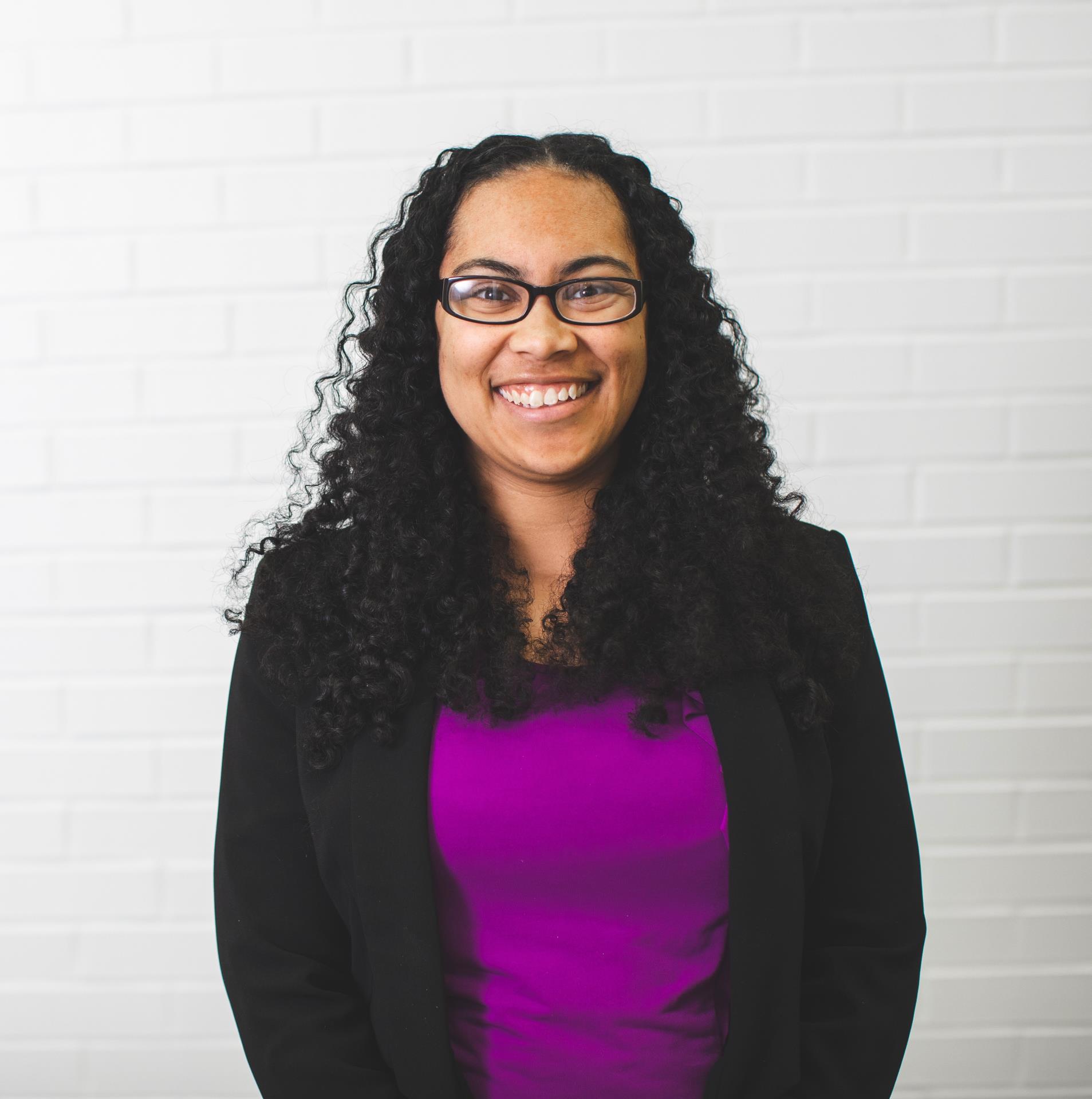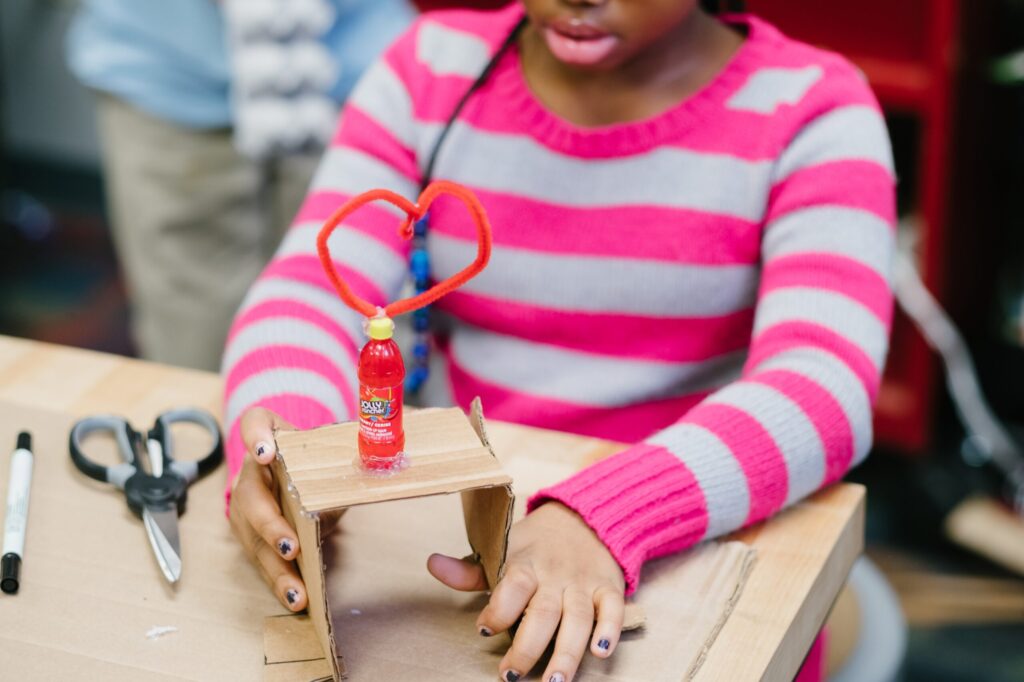Learning happens everywhere, every day – not just within the four walls of a classroom but throughout the wider community. Children learn from adults and from their peers. And as any adult working with children will tell you, we have daily opportunities to learn from children, as well.
These concepts are central to the work of Debralyn Woodberry-Shaw (MSW, LSW), currently an Equity and Justice Scholar at the University of Pittsburgh in the School of Education’s PhD program. In her research, Debralyn explores gendered racial identity in 5th-12th grade Black girls and how community-based educational spaces can support them.
Debralyn is also on the team of The Kinloch Commons for Critical Pedagogy and Leadership at the University of Pittsburgh. In this role, she is partnering with Remake Learning to organize an event series called Breaking the Mold to reflect and discuss approaches to facilitating learning in young people.

With these events on the horizon, we spoke with Debralyn about the work she’s doing.
Hi, Debralyn. We’d love to hear a bit about the research you’re doing and the role that community-based educational spaces can play.
Debralyn: In my work, I focus on community-based educational spaces because they are an essential part of young people’s learning and development ecosystem. Learning is not something that happens only in the four walls of a school building during school hours. It happens all the time and in all settings. Additionally, young people are not empty vessels waiting for adults to pour knowledge into them. Learning is a partnership and includes dialogue – not just between educators and young people, but also young people with each other and other adults in their life. Staff in schools and community-based educational spaces, and families, are all a part of young people’s learning. For my dissertation, I am developing a conceptual model for community-based educational spaces to support the gendered racial identity of 5th-12th grade Black girls.
QUESTION: Where does the Kinloch Commons fit in?
Debralyn: I am a student collaborator for The Kinloch Commons for Critical Pedagogy and Leadership. The purpose of The Kinloch Commons is to “cultivate, enrich, and steward freedom knowledge ecologies through critical pedagogy and leadership praxis in a broad range of educational contexts.” The Kinloch Commons is committed to “germinate emerging critical pedagogical and leadership praxes in individuals, collectives, classrooms, and schools through shared study and praxis.”
QUESTION: Tell us a bit about your upcoming “Breaking the Mold” event series.
Debralyn: I worked together with Stephanie Lewis, Director of Relationships at Remake Learning, to create the Breaking the Mold series. Our guiding question is this: “How do educators in community-based educational spaces and schools in partnership with them facilitate learning?”
We know there is so much going on in the region and we want to spotlight that. Additionally, for Part 1, (April 5, 11 a.m.) my goal is to provide a space for community-based educators to not only reflect on what their approaches are but to analyze and discuss them with each other. Do they treat young people as empty vessels? Does their approach allow for young people to think critically? Do they promote creativity in learning? In their approach, do they exemplify freedom as a praxis?
Part 2 (April 12, 4:30 p.m.) will include speakers from three organizations that facilitate learning in bold and innovative ways: Hatch Partners in Play, Homewood Children’s Village and Environmental Charter School. Participants are invited not just to learn during this session, but to connect and engage with other like-minded education professionals. Ask questions, share their own experiences, and join in on the discussion.
Want to learn more about the role of community-based educational spaces? Debralyn recommends reading It Takes an Ecosystem: Understanding the People, Places, and Possibilities of Learning and Development Across Settings, edited by Thomas Akiva and Kimberly H. Robinson, which explores ideas, tools, examples, and visions for a more connected, more equitable world for young people and the adults in their lives.
If you are interested in learning more about critical pedagogy, Debralyn also recommends Pedagogy of the Oppressed by Paulo Freire.
